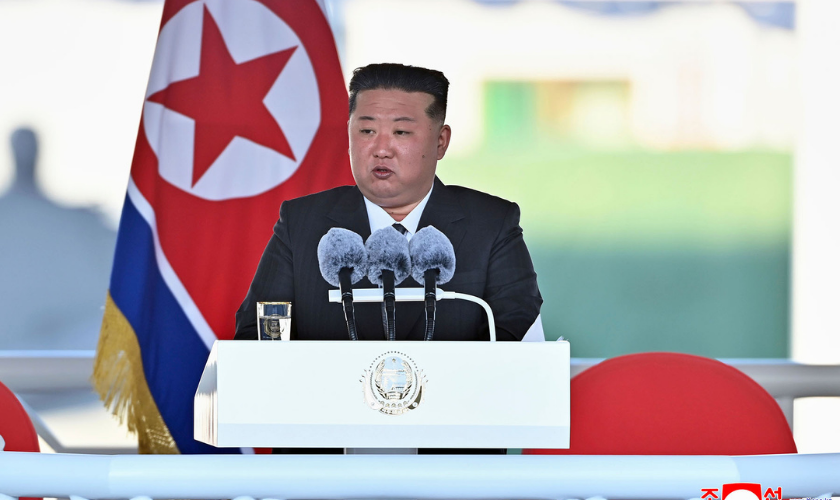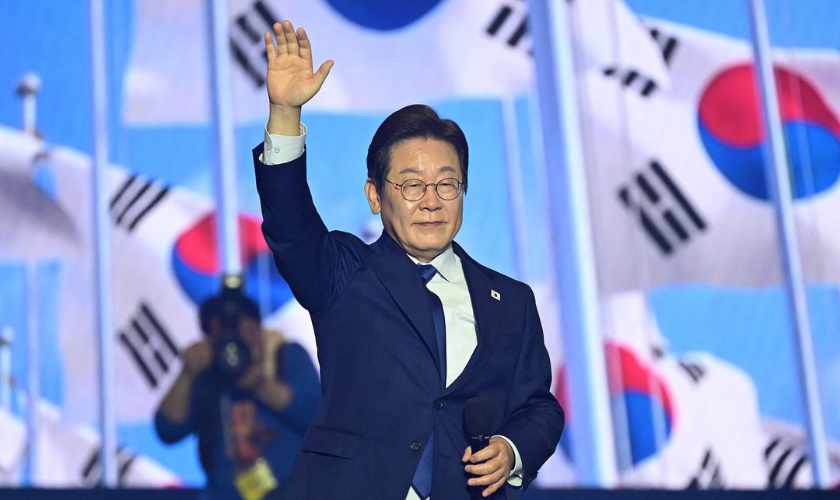Iran accused Israeli Prime Minister Benjamin Netanyahu on Monday of trying to dictate US policy in negotiations, after he called for the complete dismantling of Tehran's nuclear programme and for the inclusion of its ballistic missile capabilities in any deal.
"What is striking... is how brazenly Netanyahu is now dictating what President Trump can and cannot do in his diplomacy with Iran," Foreign Minister Abbas Araghchi said in a post on X.
On Sunday, Netanyahu said any real Iran-US deal would be one "which removes Iran's capacity to enrich uranium for nuclear weapons" and "bring in the prevention of ballistic missiles".
The remarks came a day after Iranian and US delegations met in Oman for a third round of high-level talks on Tehran's nuclear programme, with both sides reporting progress.
US President Donald Trump sent a letter in March to Iran's supreme leader Ayatollah Ali Khamenei urging talks and warning of possible military action if Iran refused.
Since he returned to office in January, Trump revived his "maximum pressure" sanctions campaign, mirroring his approach during his first term when he withdrew from a 2015 landmark nuclear deal with Iran.
The talks began on April 12, with Tehran insisting they should be solely focused on the nuclear issue and the lifting of sanctions.
Iran's Islamic Revolutionary Guard Corps has said the country's military capabilities were off-limits in the discussions.
Tehran's regional influence and its missile capabilities, long criticised by Western governments, were among its "red lines" in the talks, the official IRNA news agency had reported.
Tehran supports the "axis of resistance", a network of militant groups opposed to Israel, including Yemen's Huthi rebels, Hezbollah in Lebanon, Hamas in the Gaza Strip and Shiite armed groups in Iraq.
"Israel's fantasy that it can dictate what Iran may or may not do is so detached from reality that it hardly merits a response," Araghchi said on Monday.
He noted that Iran was able to thwart "any attempt by malicious external actors to sabotage its foreign policy or dictate its course."
"We can only hope our US counterparts are equally steadfast," he added.
Western countries including the United States have long accused Iran of seeking to acquire nuclear weapons -- an allegation Tehran has consistently denied, insisting that its programme is for peaceful civilian purposes.
AFP/RSS











